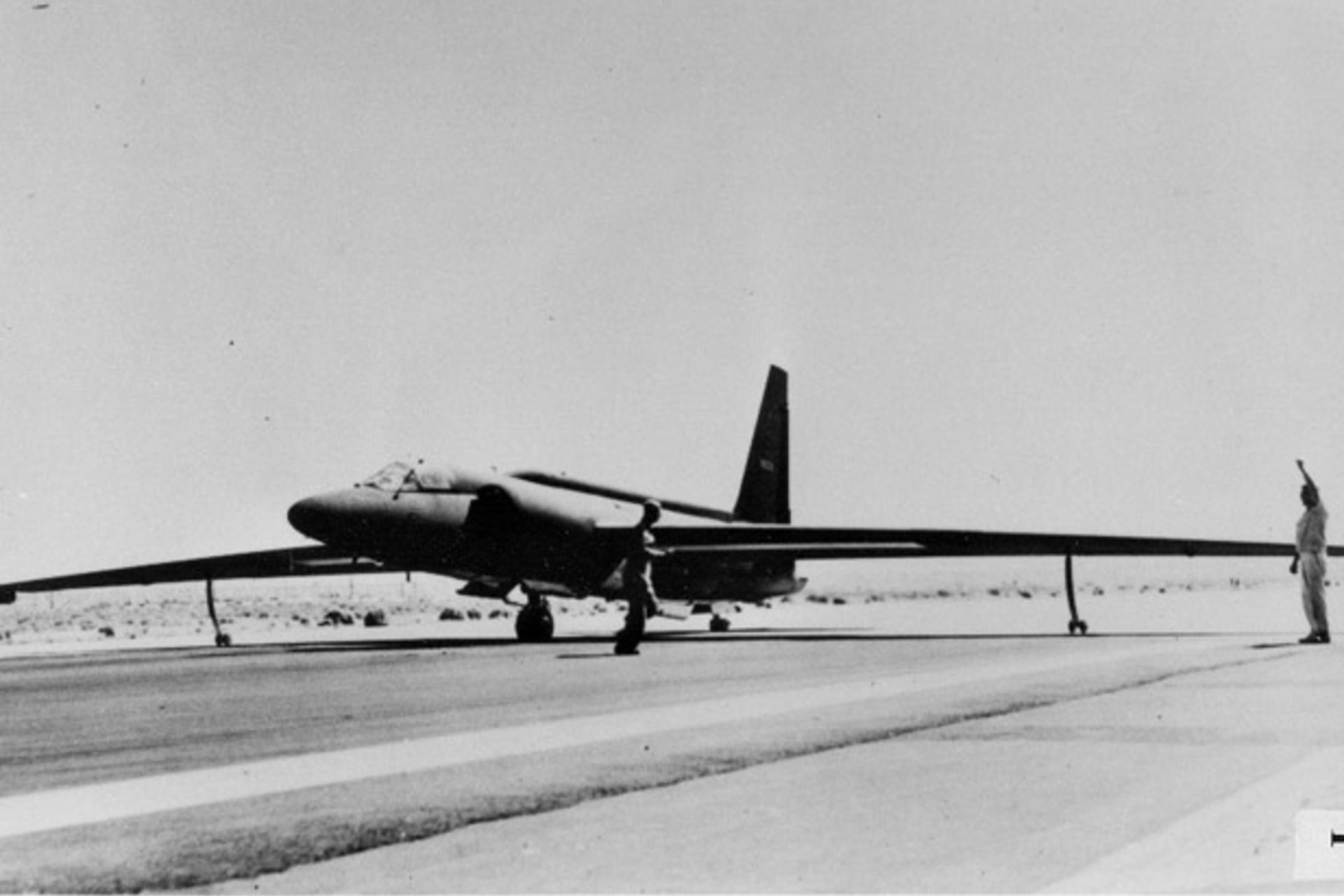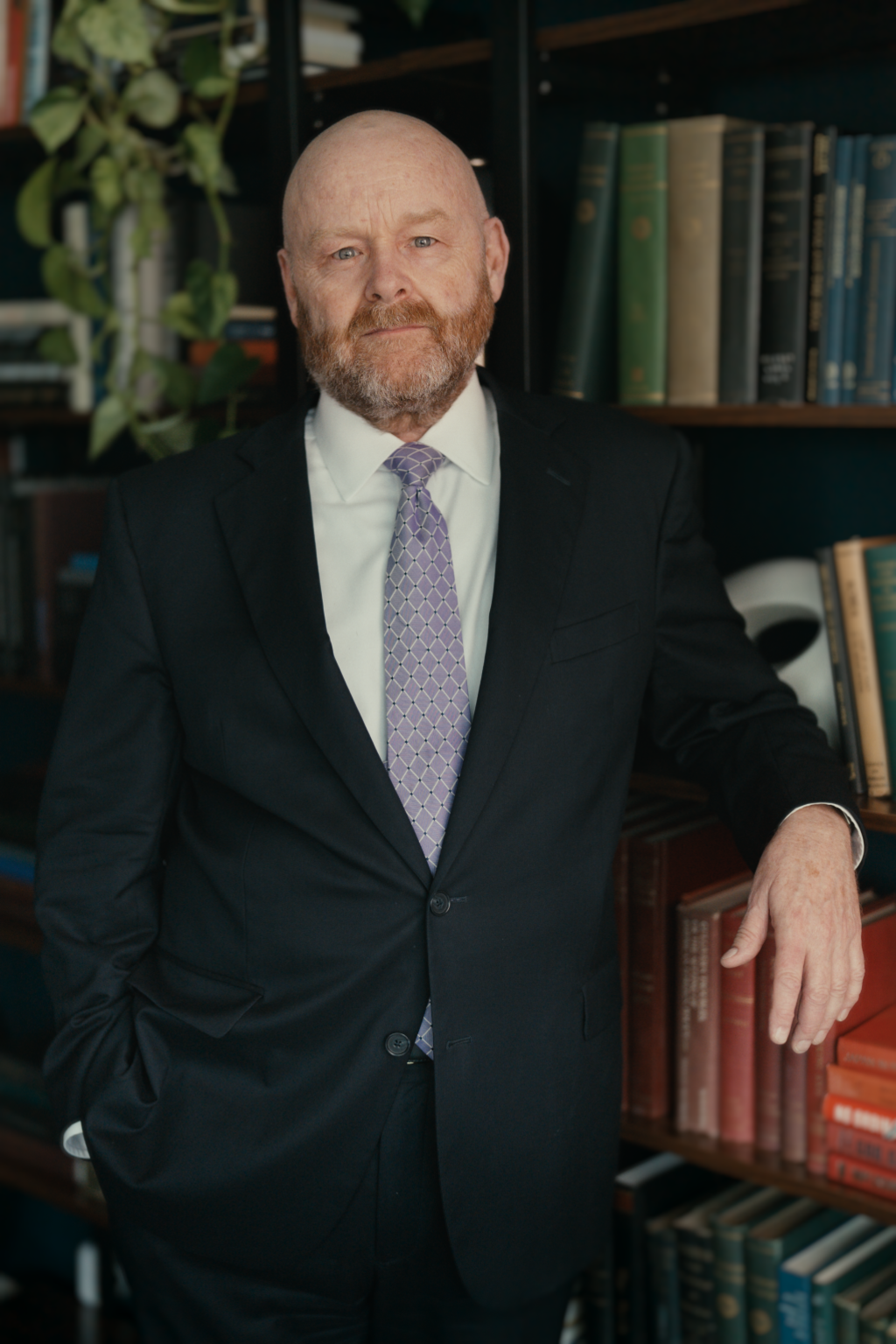TWE Remembers: Black Saturday—Near Calamities Abound as JFK Offers Khrushchev a Deal (Cuban Missile Crisis, Day Twelve)

By experts and staff
- Published
Experts
![]() By James M. LindsayMary and David Boies Distinguished Senior Fellow in U.S. Foreign Policy
By James M. LindsayMary and David Boies Distinguished Senior Fellow in U.S. Foreign Policy
Murphy’s Law holds that if anything can go wrong, it will. On Saturday October 27, 1962, the twelfth day of the Cuban missile crisis, President John F. Kennedy might have been thinking about that famous law’s corollary: Murphy was an optimist. JFK had gone to bed the night before thinking that a solution to the crisis was in sight. But he awoke on what later was dubbed “Black Saturday” to a series of events that he had not anticipated and that threatened to plunge the world into a nuclear abyss.
The bad news started arriving early. At 9:00 a.m., Radio Moscow began broadcasting a message from Soviet leader Nikita Khrushchev: the Soviet Union would remove its missiles from Cuba if the United States agreed to remove its Jupiter missiles from Italy and Turkey. The Soviets looked to have upped the price of a deal. Khrushchev’s letter the day before had conditioned the withdrawal of Soviet missiles solely on a U.S. pledge not to invade Cuba.
The news out of Moscow dominated the 10:00 a.m. meeting of the ExCom, the first of three times the group met that fall Saturday. But first, CIA director John McCone informed the group that five SS-4 sites were operational and a sixth would be ready within twenty-four hours. JFK then learned something almost as dismaying: although a Soviet ship was one hundred miles out from the quarantine line and headed straight for it, the United States still had not told Moscow precisely where the quarantine line was located. The president’s solution was to pass a message through acting UN Secretary General U Thant to Soviet officials in New York telling them where the quarantine line was.
As the ExCom was discussing the sudden change in tone out of Moscow, a new letter arrived from Khrushchev. It repeated the radio demand that the United States withdraw the Jupiter missiles as the price for resolving the crisis. Such a trade was only fair, Khrushchev argued:
You are disturbed over Cuba. You say that this disturbs you because it is 90 miles by sea from the coast of the United States of America. But Turkey adjoins us; our sentries patrol back and forth and see each other. Do you consider, then, that you have the right to demand security for your own country and the removal of the weapons you call offensive, but do not accord the same right to us? You have placed destructive missile weapons, which you call offensive, in Turkey, literally next to us. How then can recognition of our equal military capacities be reconciled with such unequal relations between our great states? This is irreconcilable.
The Jupiter missiles had gone into Italy and Turkey only a year earlier. Even as they were being deployed, administration officials had been discussing whether to remove them; they were already obsolete and had little military utility. Nothing had changed on either score in the intervening year. But the ExCom agreed that withdrawing them now, under Soviet pressure, would be a diplomatic disaster. It would shake the confidence of NATO allies and encourage Moscow to push for the denuclearization of Europe.
Kennedy took a break to take his usual mid-day swim. He returned to the Oval Office and received a phone call from Secretary of Defense Robert McNamara at 1:45 p.m. The news was bad. A U-2 pilot flying a routine mission to collect air samples over the North Pole for evidence of Soviet nuclear tests had apparently become disoriented by the aurora borealis and strayed into Soviet airspace. Moments later, Roger Hilsman, the director of the State Department’s Bureau of Intelligence and Research, confirmed that the U-2 had entered Soviet airspace—by more than three hundred miles it later turned out—and that the Soviet air force had scrambled planes to intercept it. JFK responded with gallows humor: “There is always some son-of-a-bitch who doesn’t get the word.”
By the time Kennedy cracked his joke, the U-2 had already exited Soviet airspace. The pilot, Maj. Charles Maultsby, had eluded the Soviet interceptors because his U-2 flew at an altitude they couldn’t reach. He eventually landed his plane, which had run out of fuel, at an isolated air field in Alaska. However, while he was still in Soviet airspace, the U.S. Air Force scrambled two F-102 fighters to provide a possible escort. Because the United States had gone to DEFCON 2, the fighters were not equipped with their normal conventional air-to-air missile interceptors but rather with nuclear-tipped ones designed to take out a fleet of Soviet bombers. Had the U.S. interceptors engaged their Soviet counterparts that day, their only weapons were nuclear ones. (Khrushchev would write in a letter to Kennedy the next day, “Is it not a fact that an intruding American plane could be easily taken for a nuclear bomber, which might push us to a fateful step?”)
Although Major Maultsby managed to land safely, halfway around the world another U-2 pilot was not as fortunate. Maj. Rudolph Anderson was piloting his U-2 on a reconnaissance mission over eastern Cuba when his plane was struck by a Soviet surface-to-air (SAM) missile. He became the only person to die from enemy fire during the crisis. (President Kennedy posthumously awarded him the Distinguished Service Medal.) The decision to fire on Anderson’s U-2 was made by Soviet generals in Cuba and ran contrary to Khrushchev’s orders. The Soviets had deployed short-range nuclear-armed cruise missiles to Cuba and by coincidence had positioned them on October 27 fifteen miles from the U.S. base at Guantánamo. Anderson’s flight path took him right over the missiles, raising fears that he would discover the deployments. With the commanding Soviet general in Cuba nowhere to be found and with no time to contact Moscow for directions, Soviet officers on the scene decided to fire on the U-2.
(The U-2 incidents weren’t the only ones that day that had the potential to trigger a war. Off the coast of Florida late that afternoon, the destroyer USS Cony dropped depth charges to force a Soviet submarine near the quarantine line to surface. What neither the Cony’s commander nor U.S. officials back in Washington knew was that the sub carried a nuclear-armed torpedo and was authorized to use it if fired upon. A clash was averted only because one of the Soviet officers refused to agree with his two comrades on the need to return fire. The sub surfaced and sailed away without incident.)
Kennedy learned of Anderson’s death at the second ExCom meeting of the day, which began at 4:00 p.m. The tone of the discussion immediately turned dark. Chairman of the Joint Chiefs of Staff General Maxwell D. Taylor recommended that the U.S. Air Force attack the SAM site the next day. Secretary McNamara argued that an invasion of Cuba had become inevitable. Kennedy adjourned the meeting without deciding on either request.
While events on the ground seemed to be spinning out of Washington’s control, JFK was struggling with a dilemma: how to respond to the conflicting letters that Khrushchev had sent. Over the course of the day the ExCom gravitated toward an idea that Attorney General Robert Kennedy had suggested and that came to be known as the “Trollope ploy”: the United States would formally respond to the first, more conciliatory letter and ignore the second, harsher letter that demanded the removal of U.S. missiles from Italy and Turkey. (The Victorian writer Anthony Trollope had used a plot device in which a single woman deliberately construed a bachelor’s harmless words as evidence of a marriage proposal.)
So JFK instructed his brother to hand deliver a letter that night to Soviet ambassador Anatoly Dobrynin stating that if the Soviet Union agreed to a verified withdrawal of its nuclear missiles and bombers from Cuba, the United States would agree “(a) to remove promptly the quarantine measures now in effect and (b) to give assurances against an invasion of Cuba.” That was the version of the story as it was told for many decades. Kennedy, and even more so his advisers, would later hail the Trollope ploy for resolving the crisis on U.S. terms.
But RFK had more than a letter to deliver that night to Dobrynin. He also had a private message for Khrushchev: the United States was prepared to remove the Jupiter missiles from Turkey within six months if the Soviet missiles were removed from Cuba. While many of JFK’s advisers insisted that the invasion pledge alone would be sufficient, the president was convinced by the public nature of the Khrushchev’s demands that morning that the Soviet leader needed more before he could agree to a deal.
RFK and Dobrynin met in the Attorney General’s office at 7:45 p.m. RFK then returned to the White House for the third and final ExCom meeting of the day. Upon McNamara’s advice, JFK activated twenty-four air reserve squadrons and agreed that if U.S. reconnaissance planes were fired upon again, the U.S. Air Force would have to return fire.
The President was not optimistic... He had not abandoned hope, but what hope there was now rested with Khrushchev’s revising his course within the next few hours. It was a hope, not an expectation. The expectation was a military confrontation by Tuesday and possibly tomorrow...
There was nothing to do now but wait.
For other posts in this series or more information on the Cuban missile crisis, click here.
